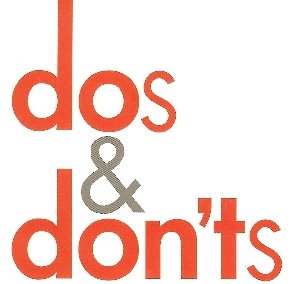by Julie Vick
If you plan to apply for a job at a company or organization where a friend works, think carefully about how to “use” that relationship in a positive way.
It might be very helpful to ask your friend for information about the department or division as you prepare to submit an application or for an interview as you prepare for an interview. If the friend mentions to others that you’ve asked, no harm is done, because your question shows that you are trying to prepare thoroughly.
Once you’ve had your interview but haven’t heard anything, it’s difficult to know what’s really happening. If several weeks go by and you haven’t been contacted there are several possibilities: they haven’t finished interviewing; a reference said something to give the hiring manager pause; or you presented yourself well and your references are positive but you’re simply up against some very stiff competition. Even though your friend might be able to give you some insight into the process you should avoid being a pest and above all, don’t say anything negative about those who interviewed you.
Once an offer is made, however, think hard before involving the potential colleague in a salary negotiation. If it’s a very good friend in the same department, you might ask how flexible the department tends to be in negotiating offers, but leave it at that. For example, the friend may have done a poor job of negotiating, realizes it, and now finds him or herself in the awkward position of advising a new colleague about how to get paid a higher salary! If the friend is in a different department, the situation is less awkward.
Employees develop loyalty to their employer and, particularly in tough times when people want to hold on to their jobs, they don’t want to do anything that could be perceived as disloyal. As a rule of thumb, if you have to ask whether you could trust someone with information about your job search, you probably don’t know the person well enough to assume their loyalty would be to you, rather than to their employer.









